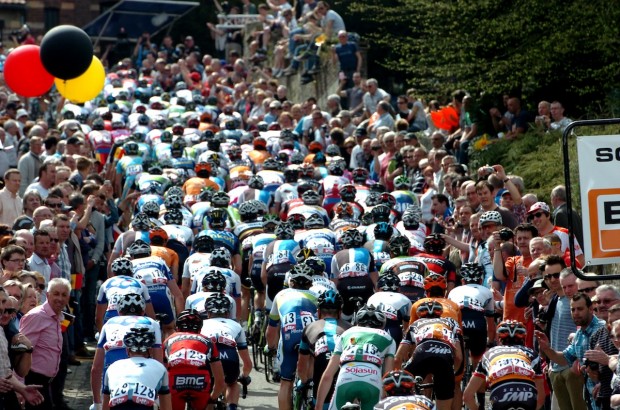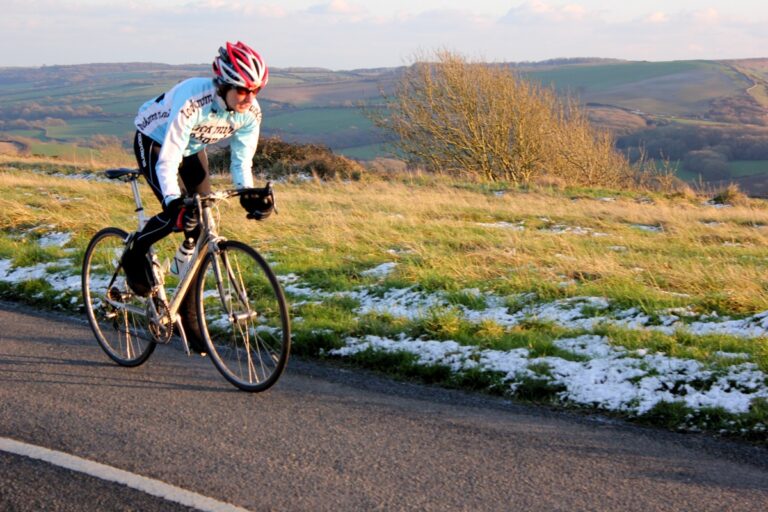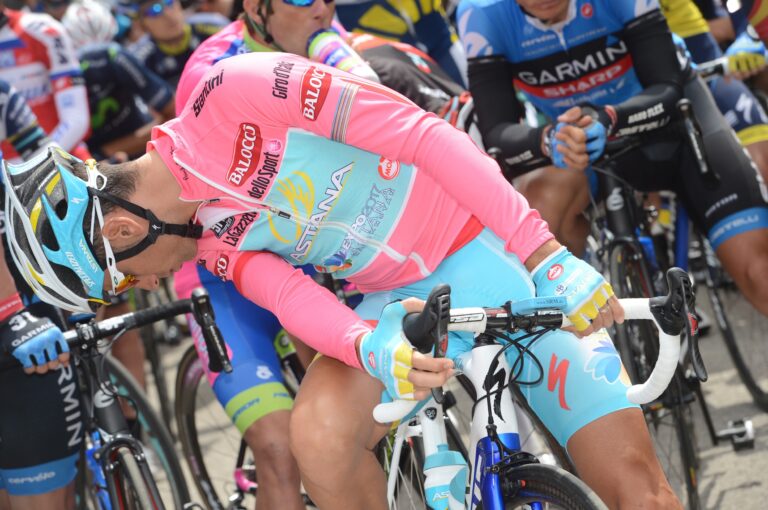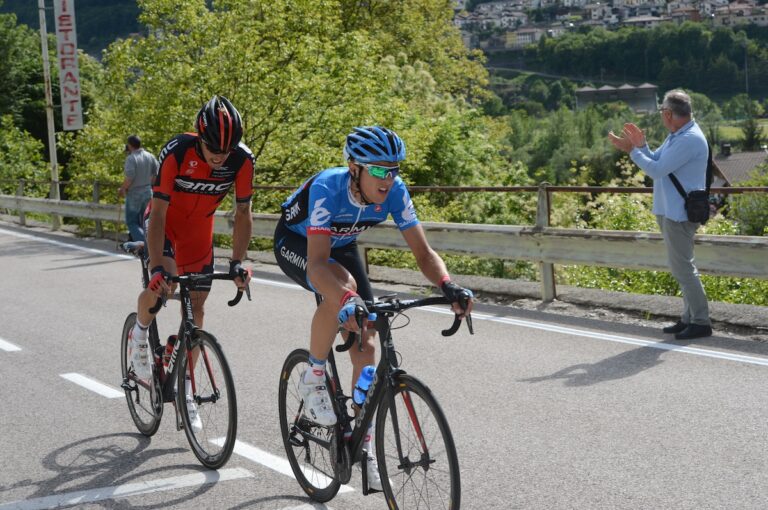Much emphasis is placed on the importance of carbohydrate intake in an endurance athlete’s diet.
This is justified and unsurprising given the amount of carbohydrate used to fuel high intensity exercise. Once exercise intensity reaches around 65 per cent of maximum oxygen consumption (also known as VO2max) the majority of energy provision comes from carbohydrates. At high intensity ‘race pace’ efforts, nearly 100 per cent of energy is provided from carbohydrates. It is this fact that makes training your body to use fat as a fuel all the more important.

The body has only limited stores of carbohydrate and while you can replace some of these while exercising, once they’re gone, they’re gone, and you will be unable to maintain as high a pace. In contrast, even the leanest of us has essentially unlimited fuel stores in the form of fat stored mainly under the skin but also within the muscle itself. The ability to use high amounts of this fat store is one key training adaptation seen in elite endurance athletes.
In long events such as sportives, improved fat use delays depletion of muscle and liver glycogen and the dreaded ‘bonk’. Saving your glycogen stores for when they are really needed during higher intensity efforts will help you to climb or stay with a faster group and benefit from their slipstream to improve your times. While endurance training improves the body’s ability to use fat, specific training and nutritional strategies can be used to teach the body to use more fat and less carbohydrate at any given intensity.
Endurance training in the lower training zones encourages fat use and increases the ability of the muscles to both transport and burn fats as a fuel. Since eating or drinking carbohydrate containing foods and drinks ‘switches off’ fat use, some athletes have performed training in the fasted state for many years to enhance training effects and fat use. When carbohydrate availability is low, the body tries to conserve its stores leading to a sparing of muscle glycogen and, in the long term, to increases in the enzymes and proteins involved in the transport and use of fats within the muscle.
In practical terms, including fasted training sessions two to three times per week where you train before breakfast can have a positive effect on your ability to use fat and enhance the effects of endurance training. The purpose of these sessions is not to ride yourself into the ground risking the ‘bonk’, which dramatically increases the risk of overtraining and illness, or to lose weight, but to enhance the training response. Therefore, make sure you take some food with you in case you need it and start off slowly, maybe riding for one hour before eating, and slowly increase this as you adapt. After these sessions, it is important to eat a good post-training meal to recover energy stores for the next training session.
While many sports supplements claim to be ‘fat burning’ most have little evidence to back them up. Caffeine may help fat oxidation by increasing the breakdown of body fat so increasing its availability for use by the muscles. A strong black coffee is a great ‘breakfast’ before these fasted rides to give a caffeine boost and stimulate fat breakdown, just make sure you skip the sugar as any carbohydrate at this stage will reduce the effects. Caffeine is also a well-known (and legal!) performance enhancing supplement so may help to maintain the quality of your training session even with sub-optimal carbohydrate intake.
Enhancing fat use while cycling is an important effect of endurance training and can help you to perform better in sportive events. Small adaptations to your training can help to enhance the muscular adaptations that promote fat use leading to more fat use and sparing of the body’s carbohydrate stores. In the long term this will improve your fitness and speed; start off slowly with one to two, short fasted sessions per week and wait to see the benefits in your endurance.





